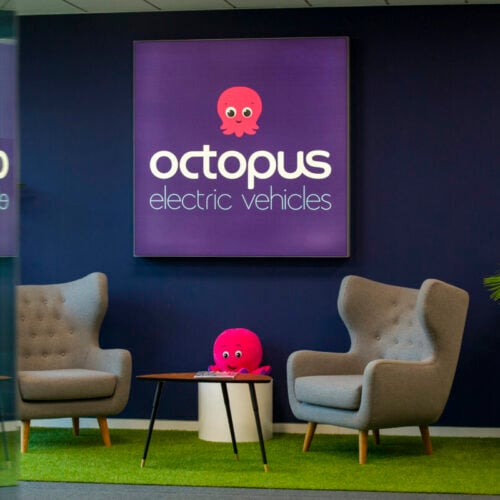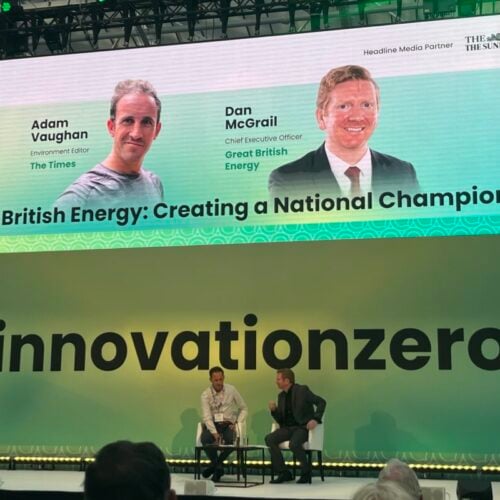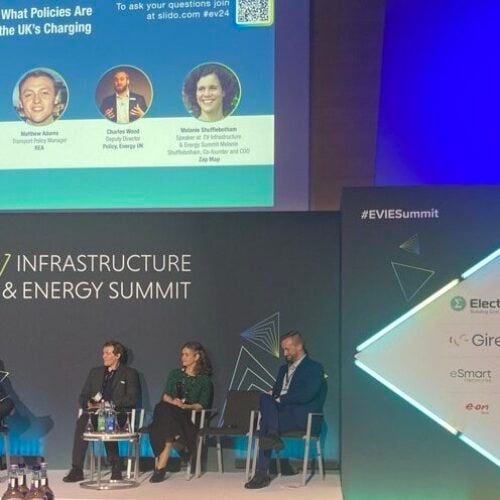Businesses are not actively managing their energy consumption and as a result are spending more on energy than necessary, according to researchers at Oxford University.
The university’s new WICKED (working with infrastructure, creation of knowledge, and energy strategy development) project is looking to work with businesses to help them identify ways in which they can reduce their energy consumption.
Susan Bright, Professor of Land Law at Oxford University, explained the inherent difficulties in tackling businesses’ energy use, she said: “Addressing the energy challenge in commercial property means we must understand not only the technical opportunities but also the social complexities. This includes the way in which property is owned and let.
“Half of the total UK stock of ‘core’ commercial buildings is leased, and many properties are mixed-use, with both shared and private spaces. There needs to be a change in the way leases are drawn up, putting more responsibility on the owners to facilitate energy upgrades and environmental data sharing. Most leases currently do not include this sort of requirement for more energy-efficient practices.”
.
The researchers feel that the key to helping companies combat escalating energy bills is not just the collection of data but the analysis of it – an area that a number of larger companies fail on. The researchers state that companies defined as data-rich (automatic meter reading at 30-minute intervals) are often overwhelmed by the amount of data generated.
On the other end of the scale, data-poor companies are far more separated from their energy consumption. A study by the Carbon Trust revealed that there are around 2.7 million manually-read energy meters which are checked only quarterly or annually.
Dr Kathryn Janda, who is based in Oxford University’s Environmental Change Institute, explained: “Although there are plans to replace and upgrade 53 million electricity and gas meters by 2020, until then there will be a gap between the ‘data-rich’ who are using smart meters and the ‘data-poor’ who are using manually read meters less regularly. Our project aims to help both groups through innovative metering technologies and big data analytics. Smart meters measure energy, however, WICKED’s smart-er meters also measure energy services. So for the first time retailers will be able to see the breakdown of energy usage, divided up into the things we actually care about, like light, heat, and building humidity.
“By using big data analytics, we will turn numbers into knowledge and provide retailers of all sizes with actionable insights to how they could use energy more wisely. This research is particularly timely as the government’s energy saving opportunity scheme is due to come into effect in 2015. The project promises real business potential in helping to cut energy bills and reduce energy consumption in the long-term.”
.






